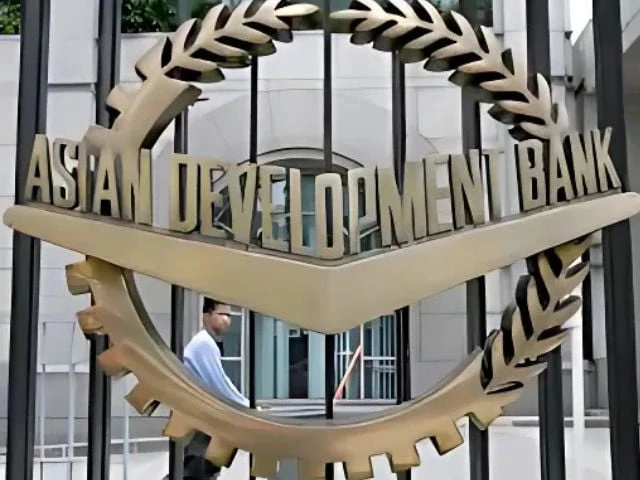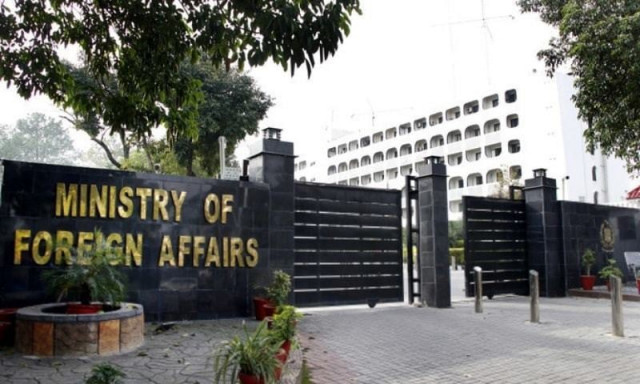Understanding the Recent Anti-Terrorism Amendment Bill: Balancing Security and Rights
In recent news, the Pakistani Senate approved the Anti-Terrorism (Amendment) Bill 2025, following its passage in the National Assembly. This new legislation has sparked significant debate, as it reinstates controversial powers that enable law enforcement and armed forces to detain suspects for up to three months. The move has raised concerns among opposition members, cautioning against the potential for misuse of such powers.
What Does the Amendment Entail?
The amendment revises Section 11EEEE of the Anti-Terrorism Act from 1997, allowing for preventive detention of individuals suspected of activities threatening national security, including kidnapping, extortion, and target killings. Notably, detentions must be justified and documented. If detentions exceed three months, safeguards outlined in Article 10 of the Constitution will apply, allowing for judicial oversight—a crucial factor in maintaining the rule of law.
Concerns and Counterarguments
While proponents, including Minister of State for Interior Muhammad Talal Badar, argue that this amendment is necessary to combat rising terrorism threats, opponents like PTI’s Barrister Syed Ali Zafar emphasize the importance of upholding constitutional rights. He warns that extraordinary powers can easily lead to abuse, stressing the need for a balance between security and civil liberties.
Senator Zafar articulated a significant point: legislation designed to protect citizens must also protect their rights. He argues that a system that allows for broad detentions without sufficient checks could compromise the very freedoms the government seeks to defend.
The Call for Dialogue
In light of these discussions, it’s imperative to foster open dialogue between lawmakers and the public. Transparency will not only build trust but also ensure that anti-terrorism measures are seen as legitimate rather than punitive strategies, especially in a country grappling with the shadows of militancy.
Senator Irfanul Haque Siddiqui reinforces this point, advocating for legislation that effectively combats terrorism without compromising the principles of democracy. He insists that lawmakers must focus on crafting solutions that prevent crime while protecting citizens’ rights.
Conclusion: Finding Common Ground
As the debate unfolds, the challenge remains: how can Pakistan effectively combat terrorism while safeguarding individual rights? It requires a collaborative approach, engaging all stakeholders to create a balanced framework. The key lies in holding the government accountable while allowing it the necessary tools to maintain national security.
It’s crucial for citizens to stay informed and engaged in this significant conversation about their rights and security, recognizing that their involvement can shape policies that affect their lives.
For ongoing insights and updates on such critical issues, consider connecting with Pro21st, where we aim to foster informed discussions about current affairs and their impact on society.
At Pro21st, we believe in sharing updates that matter.
Stay connected for more real conversations, fresh insights, and 21st-century perspectives.





